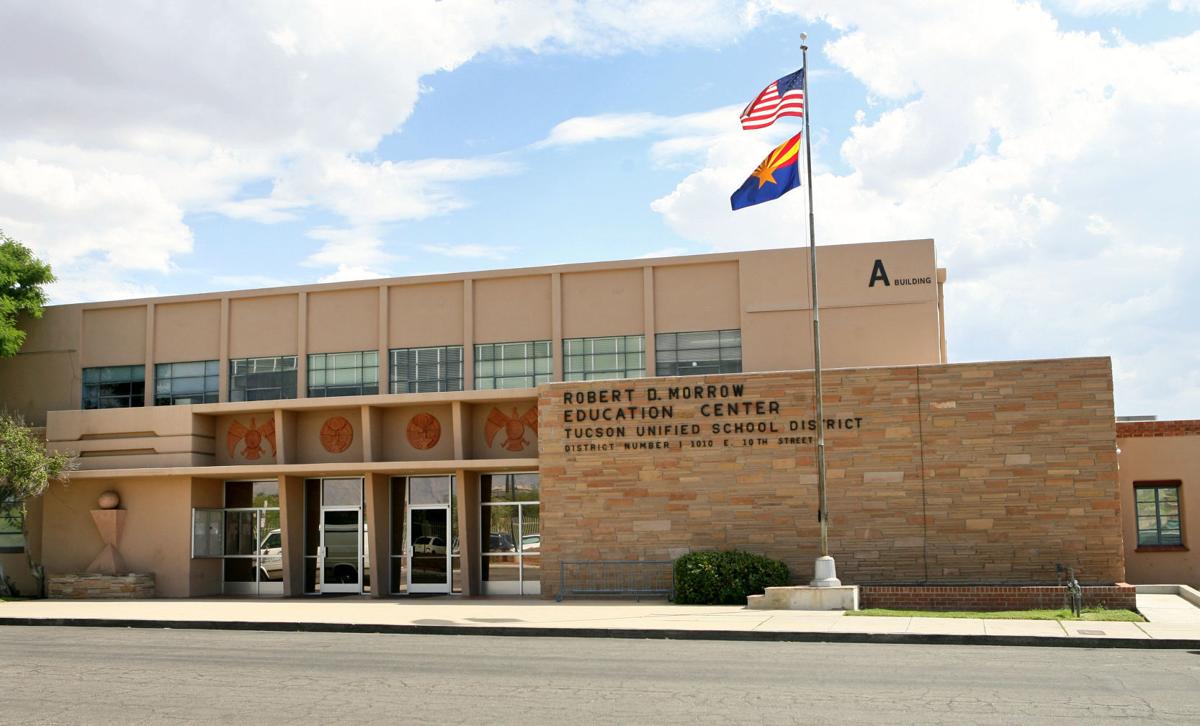Tucson’s largest school district may miss out on $16 million in desegregation funding after the Arizona Legislature enacted what one Pima County official called an “illegal tax” on homeowners in the Tucson Unified School District.
Now, the county may refuse to collect that property tax, which would be debilitating to TUSD’s efforts to meet the demands of the court in its longstanding desegregation suit, according to the district superintendent.
“Obviously we would be crippled by a $17 or $18 million deficit in our budget,” TUSD Superintendent Gabriel Trujillo said.
While it’s not clear what exactly would have to be cut if the taxes are not collected, desegregation funding is designed to support core initiatives for Latino and African-American students, including maintaining and promoting student diversity, improving academic achievement and ensuring equal access to schools, programs and activities.
At issue is the difference between a primary property tax and a secondary property tax.
The state constitution limits primary property taxes that a city, county, school district and others can collect to 1 percent of a property’s full cash value. But secondary taxes — bonds and overrides — are not included in that calculation.
Combined with other local taxes, TUSD’s desegregation tax — which totals $64 million — exceeds the 1 percent cap. So lawmakers have long made up the difference by requiring the county to give homeowners a credit and giving the remaining $16 million to $18 million that was collected over the 1 percent cap to the district via “additional state aid.”
But the state budget this year changed all that.
Instead of offering homeowners a credit, lawmakers moved the desegregation tax to a secondary levy, skirting the 1 percent cap on primary taxes and forcing homeowners in TUSD to make up the $16 million difference.
Republican lawmakers and Gov. Doug Ducey argued that it was an issue of fairness: The old law pushed the cost of TUSD’s desegregation orders onto taxpayers across the state, leaving them taxed without representation in the district.
But local education leaders argued Republican lawmakers have long taken aim at TUSD’s desegregation levy simply because they have a grudge against the district and Pima County.
For homeowners in TUSD, the change means their property taxes will go up by $126 per assessed $100,000 value, according to the county. That’s revised from an earlier estimate by Pima County Superintendent of Schools Dustin Williams, who originally estimated that tax would cost $240 per $100,000 of assessed value.
In a memo to the County Board of Supervisors, Deputy County Attorney Regina Nassen argued that the change conflicts with other laws on the books and appears to be inconsistent with the state constitution.
The heart of the argument is that lawmakers did not change the definition of secondary property taxes, defined as bonds for long-term debt and voter-approved overrides — not desegregation costs. Nor did the Legislature change the laws governing how the Board of Supervisors is required to calculate property taxes.
“There appears to be no actual legal basis on which the Board of Supervisors can alter the way it calculates the 1 percent limit credit and the corresponding additional state aid,” Nassen wrote.
And that leaves the Board of Supervisors in a dangerous situation, Nassen noted.
If it doesn’t collect the tax, a recent state law allows lawmakers to order the Attorney General’s Office to investigate whether the county is breaking the law and possibly withhold 10 percent of its revenue from the state. If they do collect the tax, and it’s later deemed illegal, the county could be on the hook for reimbursing homeowners, she wrote.
Pima County Administrator Chuck Huckelberry said he’s attempting to work with the Arizona Attorney General’s Office to get an opinion on whether the county can legally implement the tax shift. But they need that opinion before Aug. 20, when county supervisors are required to set the annual tax rates.
If he can’t get a clear-cut opinion by then, Huckelberry thinks the board is leaning toward not collecting the tax at all.
But that would mean TUSD would lose about a quarter of its desegregation funding.
Ryan Anderson, spokesman for Attorney General Mark Brnovich, said it usually takes his office about three months to produce an opinion, depending on the complexity of the question, though they can often speed that up if a deadline is looming. He said the office hadn’t heard from Pima County as of Tuesday.
Trujillo said he hasn’t discussed the issue with the TUSD Governing Board, but regardless of whether TUSD receives the money, it’s incumbent on the school district to implement the provisions of the desegregation order and serve student groups that are part of the longstanding case — though how the district would continue to do that with 25 percent less funding is a big question.
“(The funding is for) some core initiatives inside the court order that we’re going to have to figure out,” Trujillo said.
The district spent about $16 million of its 2016 desegregation funding on quality-of-education issues like ensuring African-American and Latino students have equal access to advanced courses and support services, according to the auditor general’s latest audit of the district.
Another nearly $12 million went toward ensuring that students attend integrated schools, including supporting magnet schools and programs.
More than $10 million was spent to provide transportation for students enrolled in magnet schools or students who are provided transportation from segregated schools to integrated schools.
Trujillo is consulting with internal and external attorneys and has scheduled a meeting with Huckelberry. Still, he’s hopeful the issue can be resolved without forcing the district to make the massive cuts.
“We would work collaboratively with all the parties to make sure we work together on a plan to try to implement in the face of such cuts, if it came to that. My hope is it doesn’t come to that,” he said.





